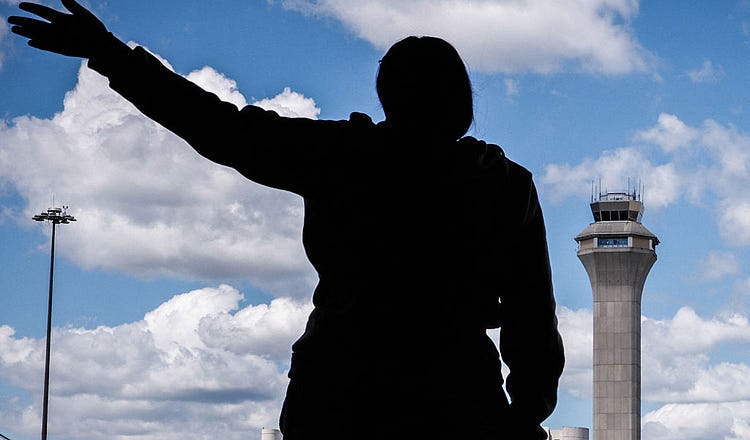
Here are quick answers to questions I keep receiving about air travel. To start with the most basic on today’s 10-question list:
1) Should I worry about a flight through Newark?
If the worry is about safety, no. Anything can happen, but anything can happen each time you get out of bed.
If the worry is about delays, or a tight connection, or close timing for a big event, yes. Make other plans.
United Airlines has already substantially cut back its schedule for its Newark hub. Use it as an example.
2) Why should I worry about one thing and not the other?
The two answers—don’t worry about safety, do worry about delay—have the same origin: an immediate “better safe than sorry” mindset in the aviation system.
Precisely because the U.S. air travel system has just been through its worst air disaster in decades (the collision of a Black Hawk helicopter and an American Airlines passenger jet over the Potomac on January 29, 2025), and has ongoing problems in Newark and elsewhere, it is even more safety-focused than usual. As a result it is avoiding some routine shortcuts, and instead taking things extra slow. In practice this amounts to added spacing everywhere: between planes as they taxi, between takeoffs and landings, among planes in cruise and approach, and in other ways.
The aviation world is full of mantras on how you travel fastest when you do not rush. In aviation that means: Be hyperdeliberate about checklists, even though you could recite all steps in your sleep. Double-check any clearance or instruction unless you’re absolutely sure. Think ever more carefully about what you’ll do the next time systems go down. It’s the airborne equivalent of waiting for a school crossing guard before stepping onto a road, even when everything looks clear. For the foreseeable future, U.S. aviation will be in crossing-guard mode.

